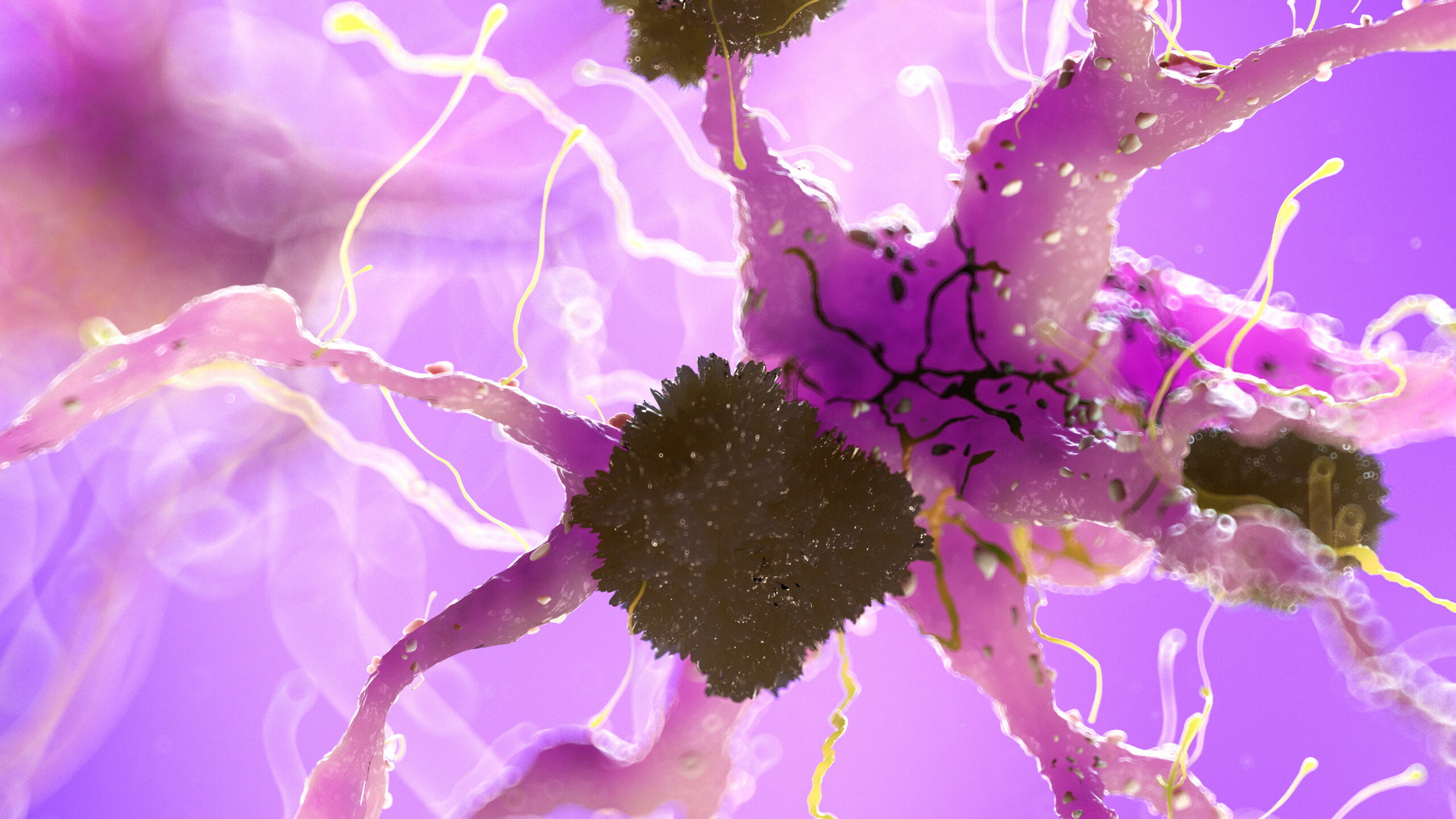How to Support Hormone Health in Your 40s and 50s
**How to Support Hormone Health in Your 40s and 50s**
Your 40s and 50s bring natural hormonal shifts that can feel overwhelming, but simple strategies can help you navigate this phase with confidence. Here’s how to support your body through these changes.
—
### **Understand What’s Happening**
During perimenopause (starting as early as your mid-40s) and menopause (typically between 45–55), estrogen, progesterone, and testosterone levels drop significantly[1][3][5]. This can lead to symptoms like hot flashes, mood swings, fatigue, vaginal dryness, and slower metabolism[1][4]. While these shifts are normal, they don’t have to disrupt your daily life.
—
### **Lifestyle Tweaks That Make a Difference**
1. **Eat for Balance**: Focus on whole foods like leafy greens, lean proteins (chicken, fish), calcium-rich options (yogurt, almonds), and healthy fats (avocados). These support bone strength and heart health while stabilizing energy[1][5].
2. **Move Regularly**: Aim for a mix of weight-bearing exercises (walking, strength training) to protect bones and cardio (swimming, cycling) for heart health[1]. Even short daily walks help mood and metabolism.
3. **Prioritize Sleep**: Poor sleep worsens hormonal symptoms. Stick to a consistent bedtime routine—limit screens before bed and keep your room cool if night sweats strike[1][5].
4. **Manage Stress**: Practices like yoga or deep breathing lower cortisol levels linked to hormonal imbalances[1][5]. Try five minutes of morning meditation or evening stretching sessions.
—
### **Natural Support Options**
– **Herbal Allies**: Some women find relief with phytoestrogen-rich foods like flaxseeds or soy products—though check with a doctor first if you have hormone-sensitive conditions[^note^]. *Note: Specific herbs weren’t detailed in sources; consult a naturopath.*
– **Stay Hydrated**: Dry skin? Drink more water! Dehydration amplifies fatigue and hot flashes—aim for half your body weight in ounces daily (*example*: 150 lbs = ~75 oz)[^general advice^].
—
### **When to Seek Help**
If symptoms interfere with work or relationships:
– **Hormone Replacement Therapy (HRT)** effectively replenishes estrogen/progesterone for many women—ask about low-dose options or non-hormonal alternatives if needed[2][5].
– Discuss testosterone supplements if libido drops significantly; declining levels impact energy too[4][5].
—
### Final Thought: Normalize the Conversation!
As Dr. Erica Giwa notes[*], menopause is as natural as puberty—yet many suffer silently due to stigma[*source paraphrased from [5]*]**. Talk openly with friends or providers about what works for you.** Small steps today add up long-term resilience tomorrow!
—
*Keep it simple:* Start with one change this week—like adding leafy greens at lunch or scheduling bedtime reminders—and build from there!





